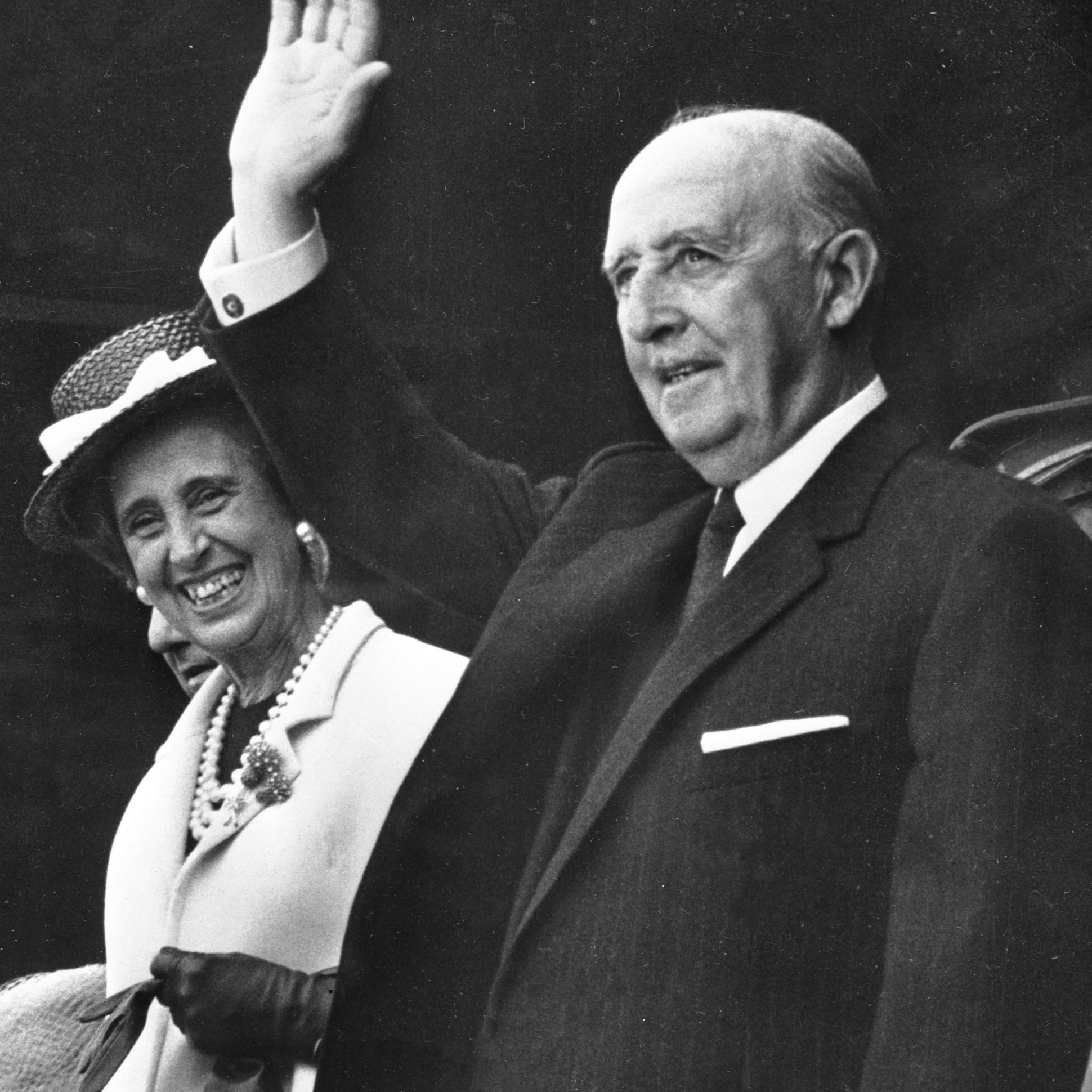Spanish ‘Gag Law’: a trip back to the time of Franco’s regime?

On 24 January, the Council of Ministers of the Spanish Government, following the mandate of the Head of State, approved the Law-Decree that foresees the suspension of Articles 12, 14, 15, 16 and 18 of the Charter of Rights and Freedoms of Spaniards (Fuero de los españoles). For a period of three months, and throughout national territory, the freedom of expression, the right to freely fix a residence within the territory of the state, the inviolability of the home, the rights to peaceful assembly and association and the guarantee that no person shall be arrested except in the circumstances and forms provided for by law were not enforceable. This Decree was the Government’s reaction to the student riots in Madrid and Barcelona in the midst of a particularly tense social climate with huge industrial conflict. In that moment, the Head of State was the Dictator Francisco Franco and, in 1969, Spain was far from being a democratic state.
Almost sixty years after that Law-Decree was passed, the so-called ‘gag law’, the new Citizen Safety Law, went into effect on 1 July 2015 despite widespread rejection from all opposition parties and many sections of society. This law also constitutes the Government’s reaction to social protest movements that started in Spanish city squares in response to tension that arose following several years of austerity measures. Although the current situation in Spain cannot be compared to the dictatorship regime, the Citizen Safety Law embodies a clear limitation to the fundamental rights and freedoms of Spaniards. Maina Kiai (UN Special Rapporteur on the rights to freedom of peaceful assembly and of association) and David Kaye (UN Special Rapporteur on the promotion and protection of the right to freedom of opinion and expression) warned that this law unnecessarily and disproportionately restricts basic freedoms such as the collective exercise of the right to freedom of opinion and expression and violates the very essence of the right to assembly. The New York Times, in a editorial of April 2015, reported that “Spain’s new gag law disturbingly harkens back to the dark days of the Franco regime”.
From July onwards, demonstrations in front of the Spanish Parliament or the assemblies of the Autonomous Communities, spontaneous gatherings and demonstrations in public places, stopping home evictions by means of sit-ins or the dissemination of pictures and videos of police officers —used in social networks to report police abuse on more than one occasion— are considered offenses that carry, in accordance to the gravity of the offense, fines from €100 to €600,000. While these essential expressions of fundamental rights and freedoms are banned, the Citizen Safety Law goes even further and provides a legal basis for deportations on the spot at the borders of the Spanish autonomous cities in the north of Morocco, Ceuta and Melilla.
All the political parties in the opposition filed an appeal before the Spanish Constitutional Court against the ‘gag law’. The appeal has been accepted by the Court but, under the operation of the constitutional procedural rules, the Court’s decision does not have suspensory effect. Thus, pending the outcome of the appeal, the Citizen Safety Law will be applied and keep Spaniards safe by preventing them from exercising their fundamental rights and freedoms.